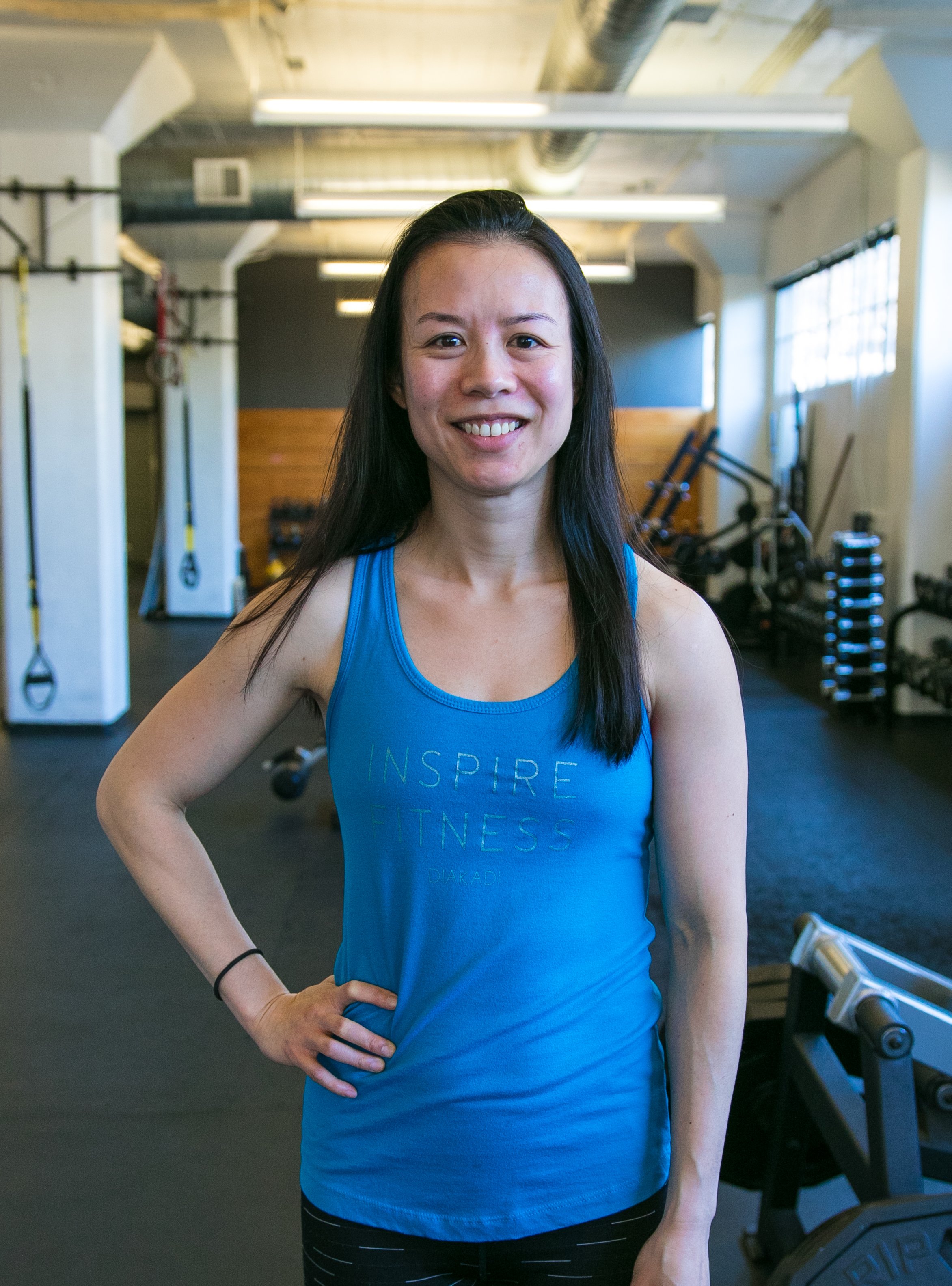How To Stop Eating Junk Food
Updated May 3, 2023
If you find yourself addicted to junk food you’re not alone. Cravings for junk food are one of the primary reasons why people fall off their diets or binge on the weekends.
Here’s how you can reduce your cravings and opt for healthier choices without feeling deprived.
Why do we eat?
Our level of hunger and appetite is regulated by a hunger hormone called ghrelin which is secreted by our fat cells.
And we are driven to eat for two reasons, survival and to acquire nutrients to keep us alive, and for pleasure or to manage our emotions.
But feeling hungry and deciding to eat is influenced by various internal and external factors.
Internal factors include genetics, hormones, and circadian rhythms.
External factors include social cues, environmental factors, and learned behaviors.
Energy management and survival are regulated by a leptin feedback loop. Leptin is a hormone that is released by our fat tissue. The more body fat we carry the higher our bloodstream leptin levels are.
Based on our levels of leptin in the bloodstream, our brains decide how hungry we are, how many calories to eat, nutrient absorption, energy use, and fat storage. This leptin feedback loop keeps us in homeostasis to maintain our body weight.
Why is junk food so addictive?
Junk food is addictive because it disrupts the well-balanced leptin feedback loop of our brains.
When foods are either sweet, salty, creamy, crunchy or all of the above, it can crank up our pleasure dials. Eating processed junk foods can leave feeling unsatisfied and craving even more even if it contains few nutrients.
A diet full of hyper-palatable, heavily processed, hyper-rewarding foods can disrupt our brain signals to stop eating. The definition of hyper-palatable food does not include only tasting amazing but it’s the whole experience of pleasure from foods. It includes the aroma, the mouthfeel, the texture, and the experience of eating it.
The more we eat these foods, the more pleasure we experience and we get a feel-good hit from them which makes them addictive.
Five ways to help you control your junk food cravings,
#1 - Be mindful of snacking
Instead of saying ‘no’ to junk foods and completely cutting everything out, we can permit ourselves to eat junk food but do it in a way that increases mindfulness during the time we are eating our favorite foods.
Being mindful helps us to satisfy that craving while preventing the guilty binges and going overboard in indulgences.
There are several ways you can increase your mindfulness when you’re eating your favorite guilty pleasure foods,
Take 15 to 20 minutes to eat it.
Take your time eating it and pay attention to your stomach’s ‘fullness’ factor.
Allowing yourself at least 15 minutes to eat gives your body time to register the satiety signal along with other benefits. If you don’t have 15 minutes to eat your snack then skip it and save it up for a different time.
Put it in a separate container.
Instead of eating it straight out of the bag or box, put it in a small bowl and eat it in a different room. That way you won’t go overboard with finishing off the entire bag or box. A helpful hint is that the smaller the bowl the more it looks like you’re eating and it’ll trick your brain into thinking that you ate more so that you’re more satisfied.
Eat without distractions.
When we are eating in front of the TV, computer, or our phones we aren’t being fully present to enjoy the food. What happens is that we end up grabbing more because we ‘missed’ the moment of eating it and we weren’t paying attention.
Eating without distractions allows us to pay attention to the flavor, texture, and mouthfeel of the food contributing to being satisfied after a small portion versus bingeing.
#2 - Do a kitchen clean up
Food companies designed their processed foods to be highly addictive and hyper-palatable. And they’re designed to be eaten in huge quantities where you don’t stop till you’ve finished the entire bag.
But we can take back our self-control, have more energy, feel healthier and not feel deprived by having the occasional treat without overeating. And it starts by changing our kitchen.
Here are a few tips to help you alter your kitchen environment so that you don’t rely on just willpower to stop eating junk food,
Keep it out of sight.
If you have temptations laying around on your kitchen counter you will automatically eat it because it’s there. Hide your snacks and junk food behind closed doors and on top of cabinets where you don’t see them.
This frees you from even asking yourself whether you should eat it or not. It stops the internal negotiating that happens when you want to snack but you know you shouldn’t. Don’t even give yourself the option.
Put healthy alternatives on the counter.
For example, by putting out a bowl of fruit or healthy nuts you will increase your chances of eating more fruit in your diet.
Making healthy alternatives available in plain sight helps you to automate healthier eating behaviors versus trying to control yourself from eating junk. Your environment plays a bigger role than you think in influencing what you eat and how much you eat.
Photo by hannah grace on Unsplash
When you alter your environment to support behaviors you want to develop it doesn’t feel like you’re using willpower.
Stop buying it.
This is the easiest way to nip the junk food habit in the bud. If it’s not in the house it doesn’t cross your mind to eat it, you’re not obsessing about it, and weekends are stress-free because you don’t have to worry about eating all the junk food.
Substitute healthier alternatives for snacking.
Sometimes you just want a quick snack to munch on and take a break. Before you go out to stock up on healthier snacks, make sure that your kitchen is cleared of junk food otherwise it’s too easy to go back to choosing junk foods even if you have a healthier option.
Here are healthier snack alternatives,
Carrot sticks or any type of raw vegetable
Hummus
Fat-free yogurt of your choice
Dried fruits
#3 - Look at your triggers
Do you find yourself reaching for junk food when you’re emotional?
Most of us have experienced emotional eating where we start eating because we’re uncomfortable with what we’re feeling or don’t know how to cope with our emotions.
The hard part of emotional eating is that we will keep resorting to emotional eating to distract us until we address the root of the pain and discomfort.
If you want to stop feeling controlled by food whenever you’re experiencing strong emotional distresses like depression, sadness, or stress and anxiety then apply the following tips,
Keep A Journal
Emotional eating starts with our minds and how we perceive experiences that are happening around us. Addressing those feelings and digging deep to ask why you’re feeling this way will help you to address and eliminate those feelings.
Ask yourself the following questions and log your responses in a journal or a notebook,
What am I feeling?
What time is it?
Who am I with?
Where am I?
What thoughts am I having?
Photo by Finde Zukunft on Unsplash
Reflect On Your Triggers
After writing in your journal for a week or even a month you will be able to identify the patterns and habits you have that trigger you to resort to eating junk food.
Your triggers can be a certain feeling you have, a specific time of day, a social setting that makes you upset, a place that triggers memories, or a thought pattern you keep repeating. Once you identify the trigger use and develop other healthier coping mechanisms besides food.
Here are some examples,
Go for a walk
Take a brief nap
Call a friend to vent
Do 5 minutes of yoga
#4 - Get enough quality sleep
The definition of ‘enough sleep’ varies per person but a sleep-deprived person is more likely to give in to cravings for junk food.
When we’re tired and low on energy our bodies seek fast and easy-digesting sources of carbs to fuel us. This means we’re wired to seek out energy-dense, sugar, and fat-filled junk foods even if we know it’s not good for us.
Adding an extra hour of quality sleep can massively reduce our cravings for junk food.
Here are some tips to get a good night’s sleep,
Use blackout curtains to block out any outside light or use a sleep mask.
Keep the thermostat of your bedroom between 60 to 67 F.
Invest in a comfortable mattress, sheets, and pillows.
Turn off electronics an hour before bedtime.
#5 - Build balanced meals from whole, fresh, minimally processed foods
This means adding lean protein, slow-digesting carbs, and quality fat to every meal. You’ll feel fuller and more satisfied.
Options such as,
Fish, eggs, plant-based protein, lean meat
Colorful fruits and vegetables
Slow-digesting, high-fiber carbs such as beans, potatoes, lentils, legumes
Nuts, seeds, coconut oils
When you’re fuller you’re less likely to seek out junk food.
Take home message to reduce eating junk food,
Mindful snacking
Kitchen cleanup
Look for your triggers
Get enough sleep
Eat balanced meals
Candace is the owner of Rhodes To Strength. She provides weight loss and mindset coaching services to women around the world so that they keep the pounds off for good. She believes in working with clients to create sustainable habits that work for their lifestyle.
You can find her rollerskating, hiking, and bird watching in her spare time.



